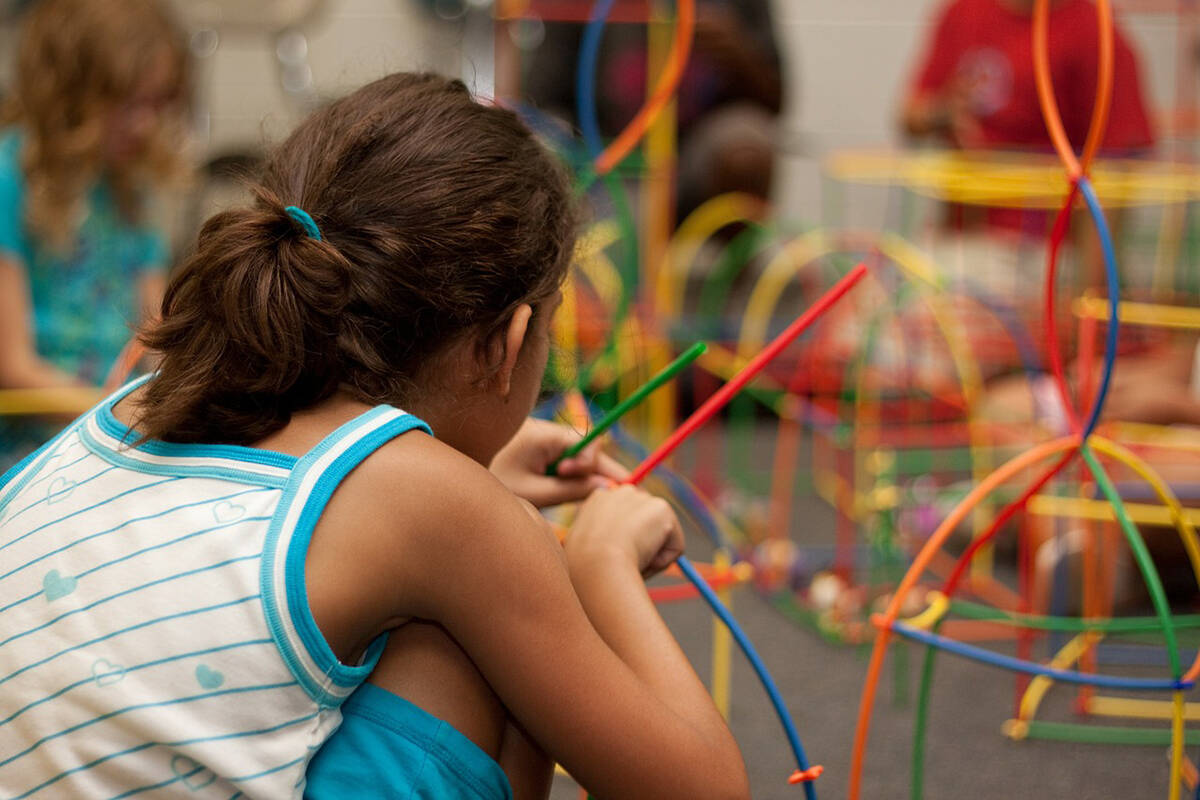Three years after a report on the dire outlook for families and caregivers of young people with disabilities during the pandemic, B.C.’s Representative for Children and Youth says there’s still not enough being done.
The report, titled “Still Left Out: Children and youth with disabilities in B.C.” was release Thursday (Nov. 9) and included feedback from parents across the province.
While the 2020 report highlighted how families were coping amid the global COVID-19 pandemic, it showed that many had “in fact been struggling long before the pandemic hit.”
Jennifer Charesworth, the representative for children and youth, said not enough has changed since then – today including “gut-wrenching” decisions some parents are having to make.
About 25 per cent of the 1,000 parents and caregivers who responded to a survey – the vast majority who are biological or adoptive parents – said they had either considered placing their children in foster or actually did so solely to get their child the services they need.
It’s something her office has been quite concerned about and monitoring over time. She said they spoke with a parent whose child has fetal alcohol syndrome and was put into care and finally got the services and supports that they needed, but when the children returned home, they were left with nothing.
“That’s what it’s about … as parents in that gut-wrenching place of trying to decide what’s best for their child or, simply, they’ve been walked to the ledge and they just have nothing else to give. They feel like it’s the only safe place for their child to be.”
The latest report followed up with the 10 B.C. families interviewed three years ago, as well as four families from a 2021 “Excluded” report that looked at the inequitites in supports and services for young people with fetal alcohol syndrome.
READ MORE: Fetal alcohol spectrum disorder gets ‘meagre’ support compared to other conditions: B.C. report
The report notes that families of children with disabilities are still struggling with a system of supports and services that is under-resourced, filled with closed doors and lengthy wait lists for assessments and treatment, cumbersome to navigate and difficult for parents to understand.
“Many families say to us, it’s not their children that is pushing them to the brink. It’s the way in which the system treats them and the way in which the system is unresponsive to their needs and their children’s needs. They’re losing hope, which means children are losing hope.”
In 2022, the province committed to making new investments to support children with disabilities and support needs that are currently underserved.
However, Charlesworth said those underserved are still not faring better, with some still ineligible for services that those with some other diagnoses receive. About 34 per cent of respondents told the representative that they have children with disabilities who are currently ineligible for any support.
Included in the report was 25 recommendations Charlesworth has made since stepping into the role in 2018, with indicators on what progress has been made to date, but many of them have seen “little to no progres.”
Charlesworth said it’s simply not acceptable.
“It’s not like I wake up every morning, thinking, how many recommendations can I throw at the ministries and public bodies in order to make their life difficult?”
READ MORE: B.C. children’s representative urges immediate help for children with special needs
Black Press Media has reached out to B.C. Children and Family Development Ministry for comment from Minister Mitzi Dean.

